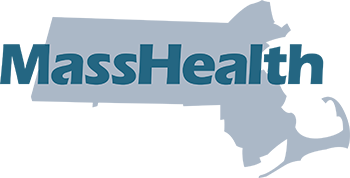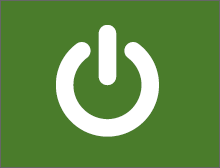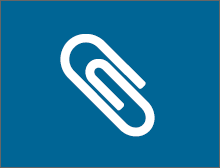The health insurance Open Enrollment period for Massachusetts individuals and families ended January 23, 2025.
Do you need health coverage now? There’s good news: You may have options!
You can still get coverage any time of the year if you are applying for dental plans or qualify for MassHealth, Children’s Medical Security Plan (CMSP), Health Safety Net, ConnectorCare plans, or if you experienced a qualifying life event.
Download Shopping Guides
Not sure how to choose the best plan for you? Visit this page to download copies of ConnectorCare or Health Connector plan shopping guides.
National Health Care Reform and the Self-Employed
People who are self-employed or have fluctuating incomes may benefit from new ways of determining eligibility for help paying for health insurance coverage under national health care reform.
These individuals may include:
- Self Employed Workers
- Combination Income Workers (e.g., those who have W-2 income/employee income and 1099/self-employment income)
- Seasonal Workers
- Temporary Workers
- Students
- Couples and Families with a self-employed member
Massachusetts Individual Mandate
Massachusetts has an “individual health insurance mandate” which requires most adults to carry health insurance if it is affordable to them and that meets certain coverage standards (referred to as “Minimum Creditable Coverage” (MCC). The Massachusetts Health Connector sets the coverage and affordability standards, and the Massachusetts Department of Revenue (DOR) administers the requirement via the state tax filing process. Please note that the standards described here are specific to the Massachusetts health reform law (not the Affordable Care Act, the federal health reform law).
Continue reading to find out what you need to know about the state individual mandate →
Certificate of Exemption and Minimum Creditable Coverage
If you face a special financial hardship, the state’s tax forms give you an option to appeal the penalties for remaining uninsured. In addition, the Health Connector offers a Certificate of Exemption for individuals who can provide information about the 2024 tax year before it ends.
If you missed the December 1, 2024 deadline to apply for an exemption for 2024 when filing your taxes, remember you will also have the opportunity to request an exemption when filing your 2024 Massachusetts state tax return.
Related Resources
Two concepts form the basis of the exemption process:
- “Minimum Creditable Coverage” – the essential health insurance benefits you need to avoid tax penalties in Massachusetts. Learn more ►
- “Affordability” – the cost of the essential health insurance benefits. Based on that cost, your income, the health insurance options available to you, or a special hardship, you may be exempt from the tax penalties.
Use our Calendar Year 2024 Affordability Information Sheet to predict your penalty risk. An official penalty determination will come later when you file your 2024 state tax return.








